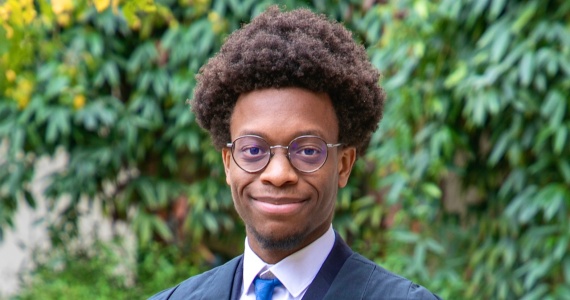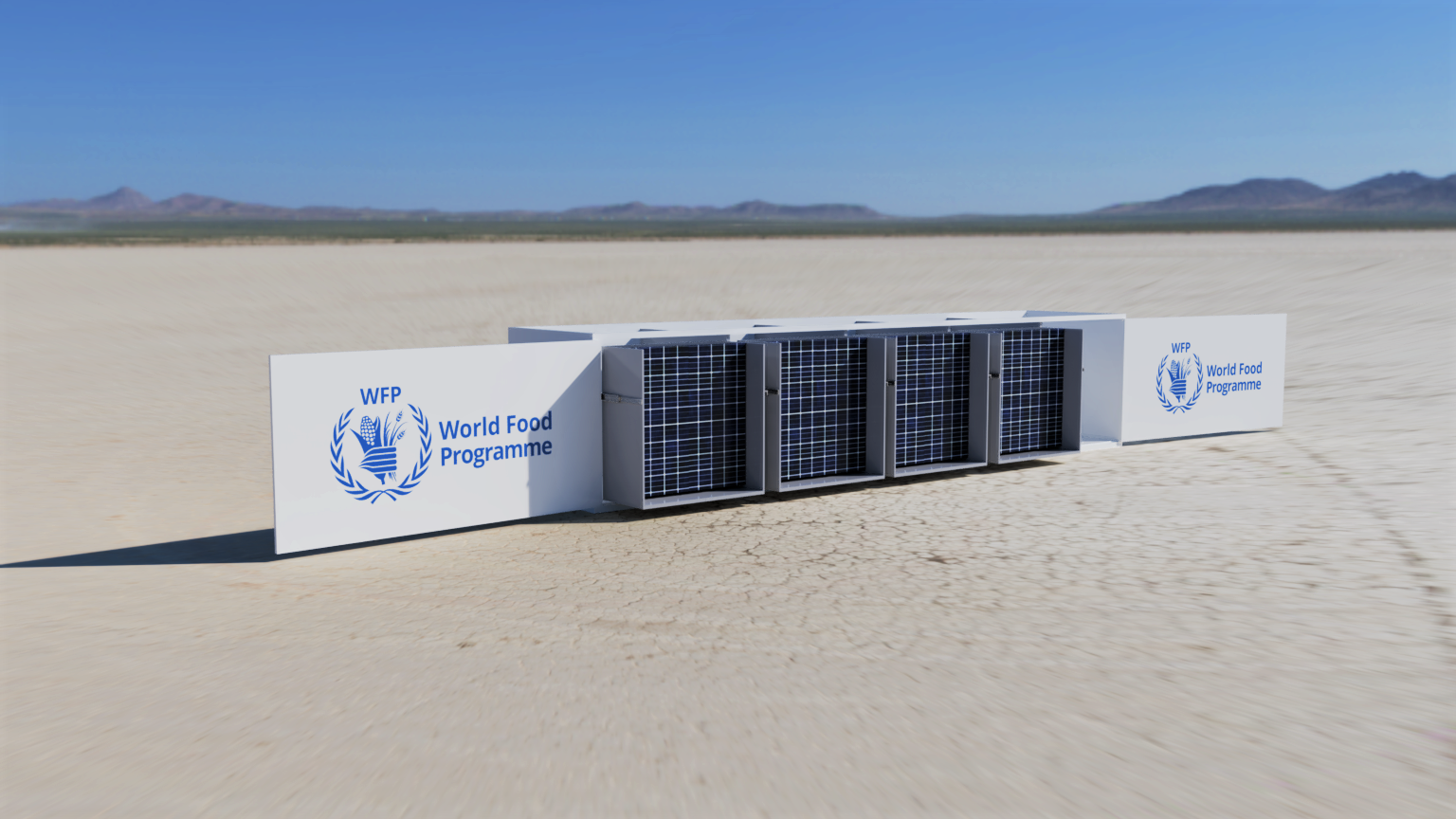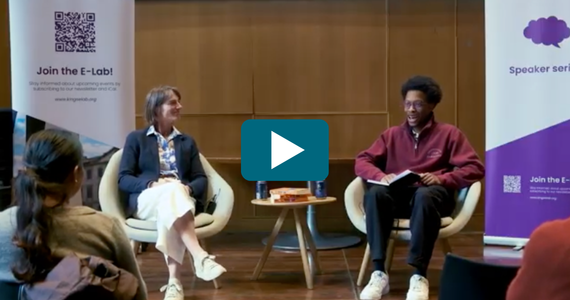ISMM student among the winners of the King’s College Entrepreneurship Prize

Chris Tagnon, 2024/25 Industrial Systems Manufacture and Management (ISMM) MPhil student at the Institute for Manufacturing (IfM), claims third prize in the 2025 King's College Entrepreneurship Prize for start-up CAST Energy.
The competition is intended to encourage King’s members, both past and present, to develop their entrepreneurial ideas and convert their creativity and know-how for sustainable commercial and social benefit.
CAST Energy is an early-stage start-up born from co-founder Chris Tagnon’s thesis project at University College London in collaboration with the United Nations’ World Food Programme (UN WFP).
CAST Energy offers a solar power generation system, designed for easy implementation in remote areas thanks to its containerised format. The innovative system is fully modular and transportable in a standard 20- or 40-foot container that can generate up to 240 kW and offer storage capacity of 960 kWh, surpassing most of the solutions on the market.

The CAST Energy concept – a modular and transportable solar power generation system
“Our target audiences are communities and organisations requiring clean, reliable energy in remote or off-grid areas,” said Chris. “Hundreds of millions of people currently don’t have access to electricity due to underdeveloped or unreliable electricity grid systems. Many more consistently rely on diesel generators for their power, which is both unsustainable and expensive. Several organisations, notably in the humanitarian sector, but also in events or agriculture, operate in remote places and rely on fossil fuels for their energy. Our aim is to give these stakeholders sovereignty over their power generation with a clean and affordable solution.”
Together with his co-founder Joseph de Solages, Chris has been working on developing a small-scale prototype to validate their solar panel deployment system.
The origins of CAST Energy began with Chris’ thesis project with the UN WFP, which set out to design a sustainable and reliable power generation system for areas with emergency need. The objective was to create an alternative to diesel generators, which are currently widely used in off-grid environments.
Chris said: “It was found that across all their peacekeeping operations, the UN spent around $100 million in fuel expenditures, the consumption of which accounted for nearly half of the organisation’s greenhouse gas emissions or about one million tonnes of CO2.
“The UN WFP’s requirements, which I designed to, highlighted gaps in existing commercially available solutions when it came to ease of deployment, general practicality, and power generation and storage capacity. The conceptual design that I made offered improvements on the status quo, which satisfied the UN WFP’s requirements and prompted a conversation around commercialisation.”
On winning third prize in the competition, Chris said: “It was a great feeling to have been selected as a winner of the 2025 King’s Entrepreneurship Prize and we are incredibly proud to have made it this far. The aim will be to use the prize winnings to fund our prototype, which will help us secure a first pilot project.”
Summing up his time at Cambridge, Chris added: “Everything I have learned this year at Cambridge, particularly around manufacturing engineering and strategic management, has been incredibly useful in defining the path to take CAST Energy from idea to reality. These learnings will continually be applied in the development of CAST Energy moving forward.
“We envision our solution not only reducing carbon emissions but also empowering communities by providing them with reliable and affordable electricity, ultimately improving their quality of life and contributing to their economic and social growth.
Earlier this year, as a member of the King’s Entrepreneurship Lab, Chris interviewed Cambridge Engineering alumna Caroline Hargrove CBE, Chief Technology Officer at Ceres, a world-leading developer of low-cost, next-generation fuel cell and green hydrogen technology. Watch below: From Formula 1 to health tech and hydrogen power ventures: a deep dive into the career of award-winning engineer Caroline Hargrove CBE.
Adapted from a King’s College news article.










